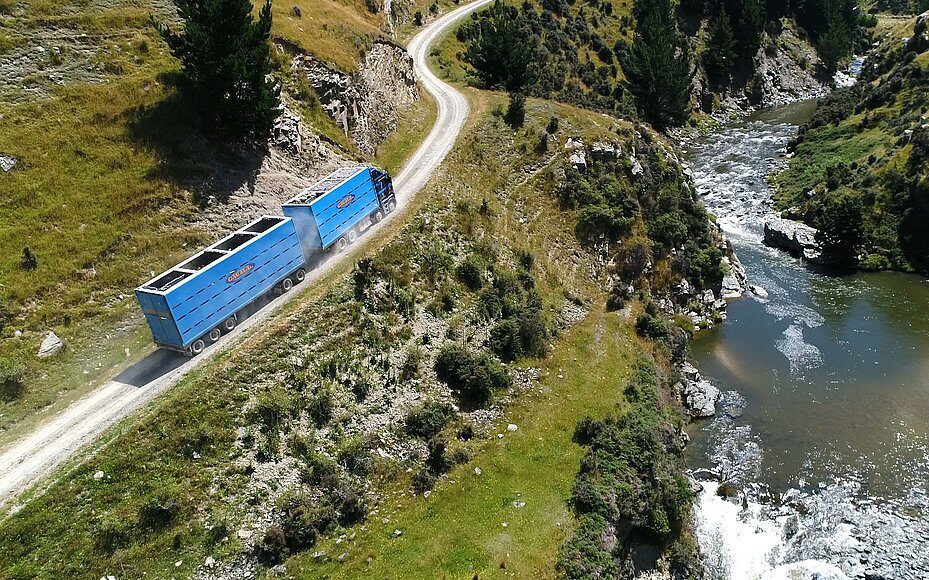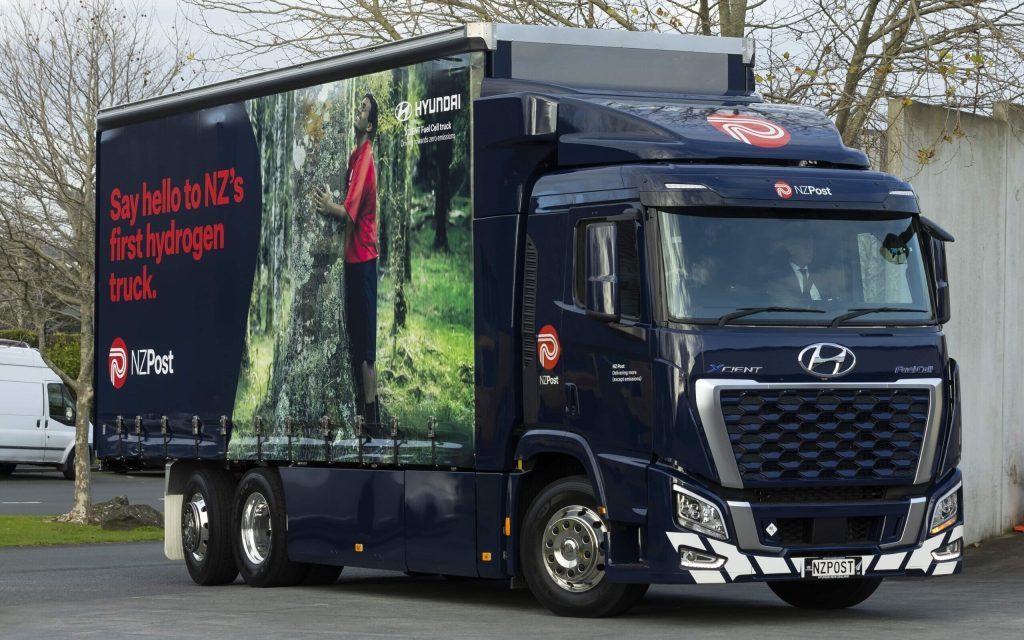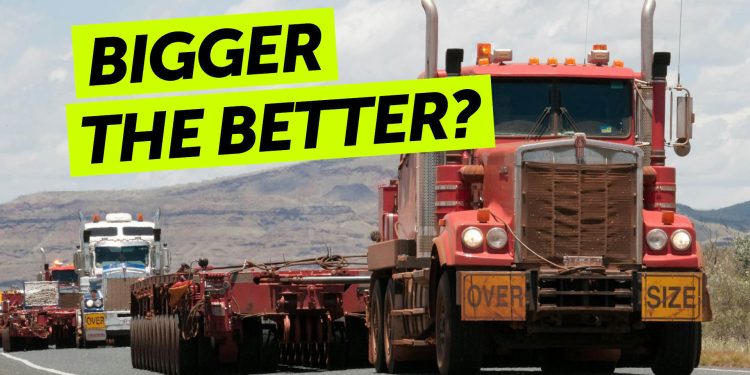New Zealand needs bigger and heavier trucks, says industry
Words: Harrison Wade
The interim chief executive of Ia Ara Aotearoa Transporting New Zealand, Dom Kalasih, is putting the word out there that bigger trucks are not only more productive but also better for the environment.
He says that heavier and longer trucks aren’t ruining our roads, despite claims from the New Zealand Transport Agency and general consensus from the public suggesting otherwise.
“The incoming transport minister, Simeon Brown, just received BIMs (Briefings to the Minister) from Waka Kotahi NZ Transport Agency and the Ministry of Transport saying all our roads need a lot of work, and they can’t afford to pay for it,” said Kalasih.
“Transporting New Zealand agrees – and so, I am sure, will most road users. Our members know first-hand how bad the roads are, and how overloaded the road network is.
“Waka Kotahi NZTA’s briefing identified heavier and longer trucks (over 44 tonnes) as one of the factors putting strain on the roading system. There is also a public perception that heavier trucks are more dangerous for other road users, emit more carbon dioxide, and do more damage to the roads than lighter trucks.”

The reality of NZTA’s briefing is however different, says the chief executive, as heavier trucks are supposedly a more efficient way of moving goods around the country while still being able to pay their dues.
Heavy vehicles currently contribute to approximately 65 per cent of all road user charges in New Zealand, funds of which are used for road maintenance. Kalasih also referenced a 2023 Ministry of Transport study that stated trucks pay a higher proportion of the transport network’s cost than trains and light passenger vehicles.
“Due to road user charges being calculated on a fairly crude axle-weight basis, truck and trailer combinations over 44 tonnes are actually over-charged compared with lighter vehicles,” says Kalasih.
“Instead of blaming heavy trucks for the state of the road network, Waka Kotahi NZTA needs to focus on building enough roading capacity to handle our growing freight requirements.”
There’s benefits for the environment too, with larger trucks reducing congestion and polluting less thanks to making fewer trips.
“Traffic congestion costs Auckland alone $1 billion a year, so moving more goods with fewer trips is vital.”
“The potential CO [carbon dioxide] reductions are also major. The International Road Transport Union estimates heavier trucks can reduce carbon emissions on a tonne/kilometre basis by up to 35 per cent compared with standard trucks.
“Electric trucks will also be significantly heavier than their diesel equivalents, with batteries adding several tonnes to their total weight.”

Another point Kalasih touched on was road safety, stating that by increasing truck capacity, the number of journeys decreases, thus reducing the risk of an accident.
“Heavy trucks are also safer than ever, with improved sensors, collision warning, and emergency braking systems. Monitoring of truck driver fatigue and driving habits is also improving,” he added.
While the use of heavy trucks is rising in New Zealand, Kalasih wants to see the government make several steps to increase their use.
He said that the application process for a heavy vehicle permit is too complicated for transport operators and that the Transport Minister should review this.
“Where practical, permit requirements should be dropped entirely, with 50 MAX trucks with their special axle configurations granted general access across the roading network.
“New Zealand should also follow Victoria’s example and allow heavy electric trucks to operate with higher weights on their front axle, to accommodate their batteries, if the roads are up to it.
“Most importantly, the upcoming Government Policy Statement on land transport must make increasing freight efficiency a leading priority. Without this, our economic, environmental and safety outcomes will continue to stall.”





